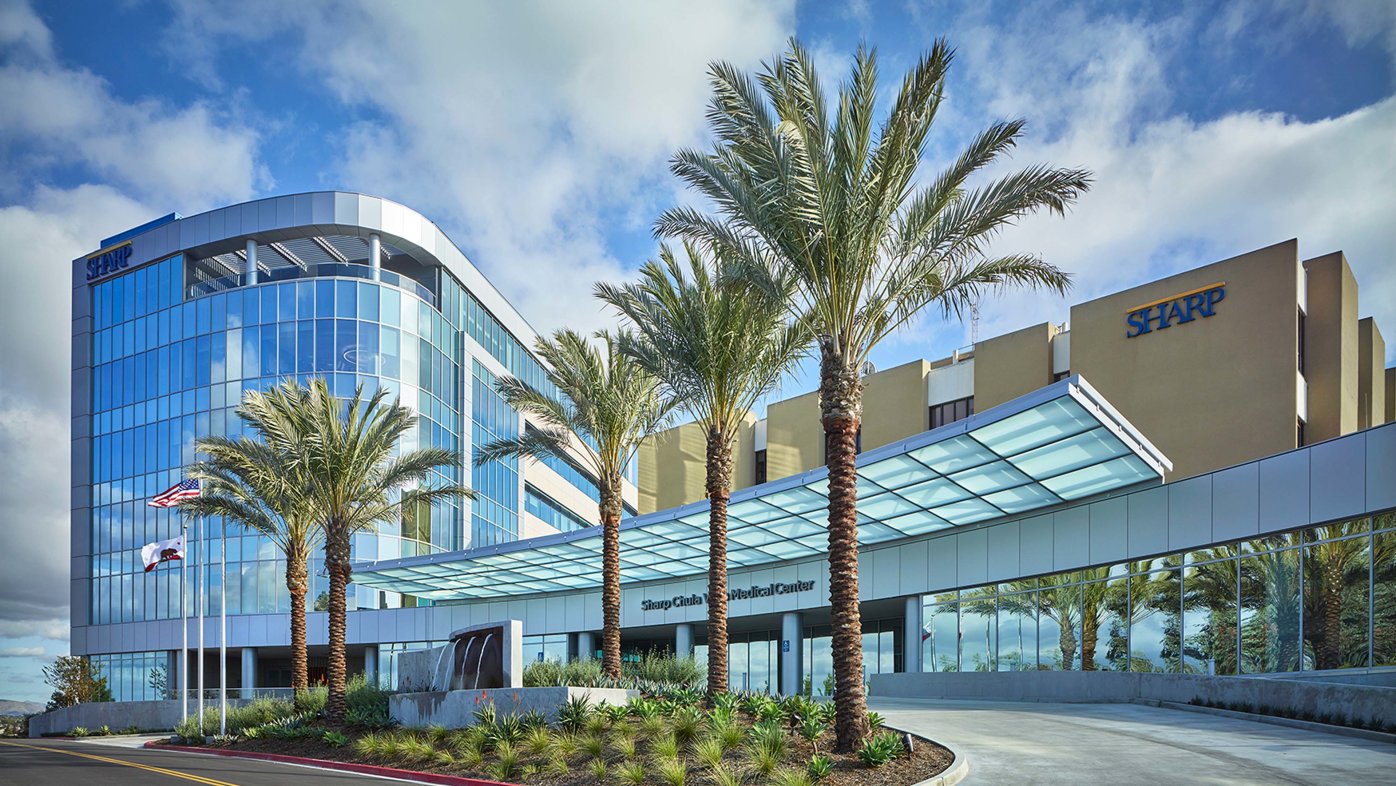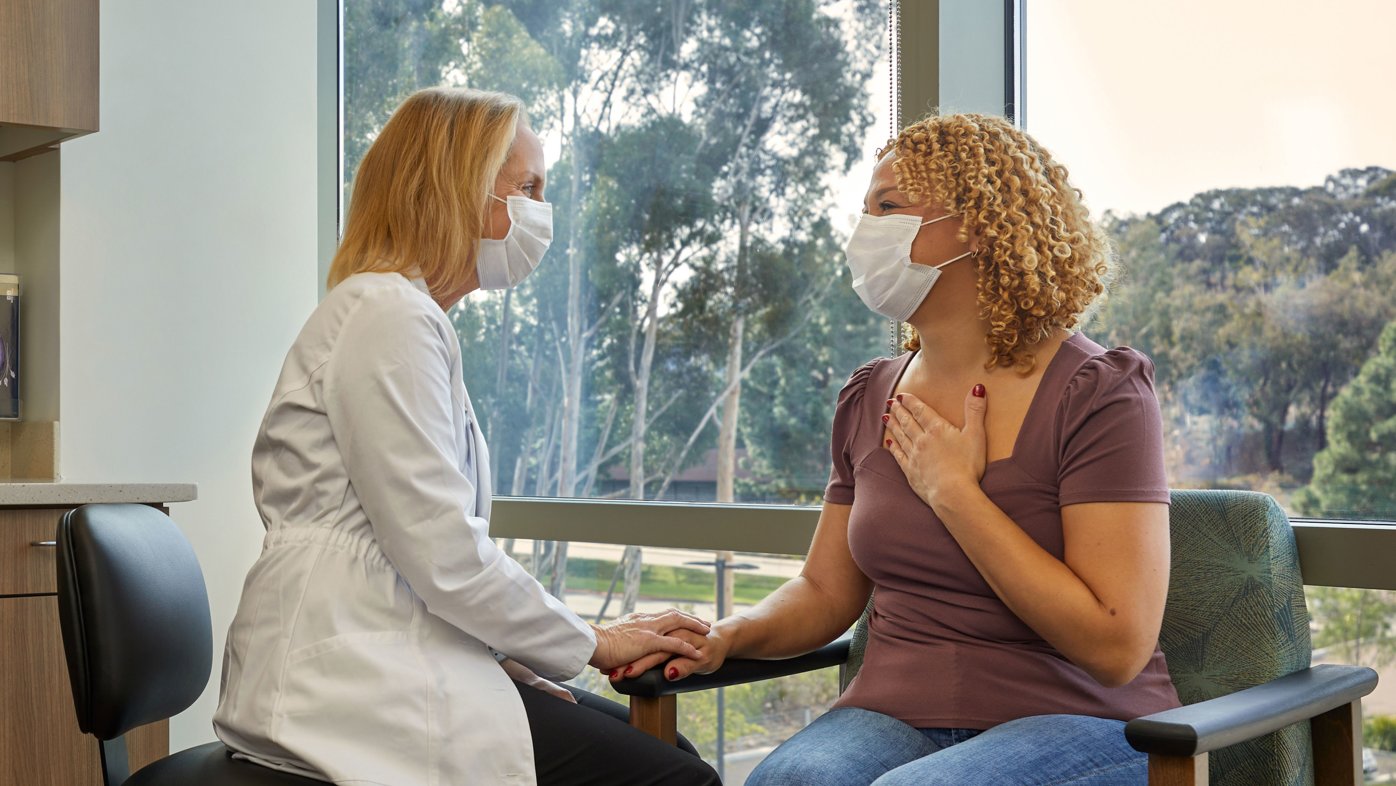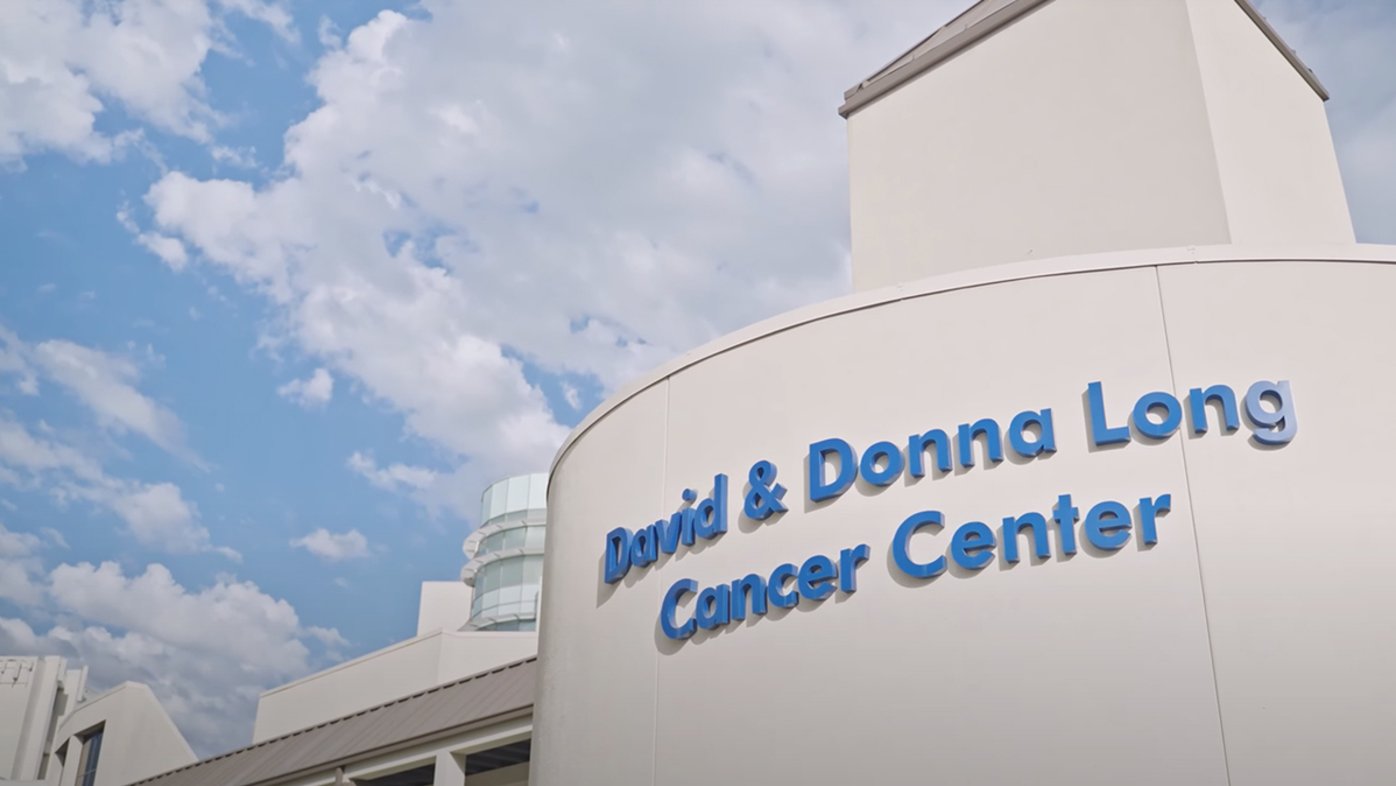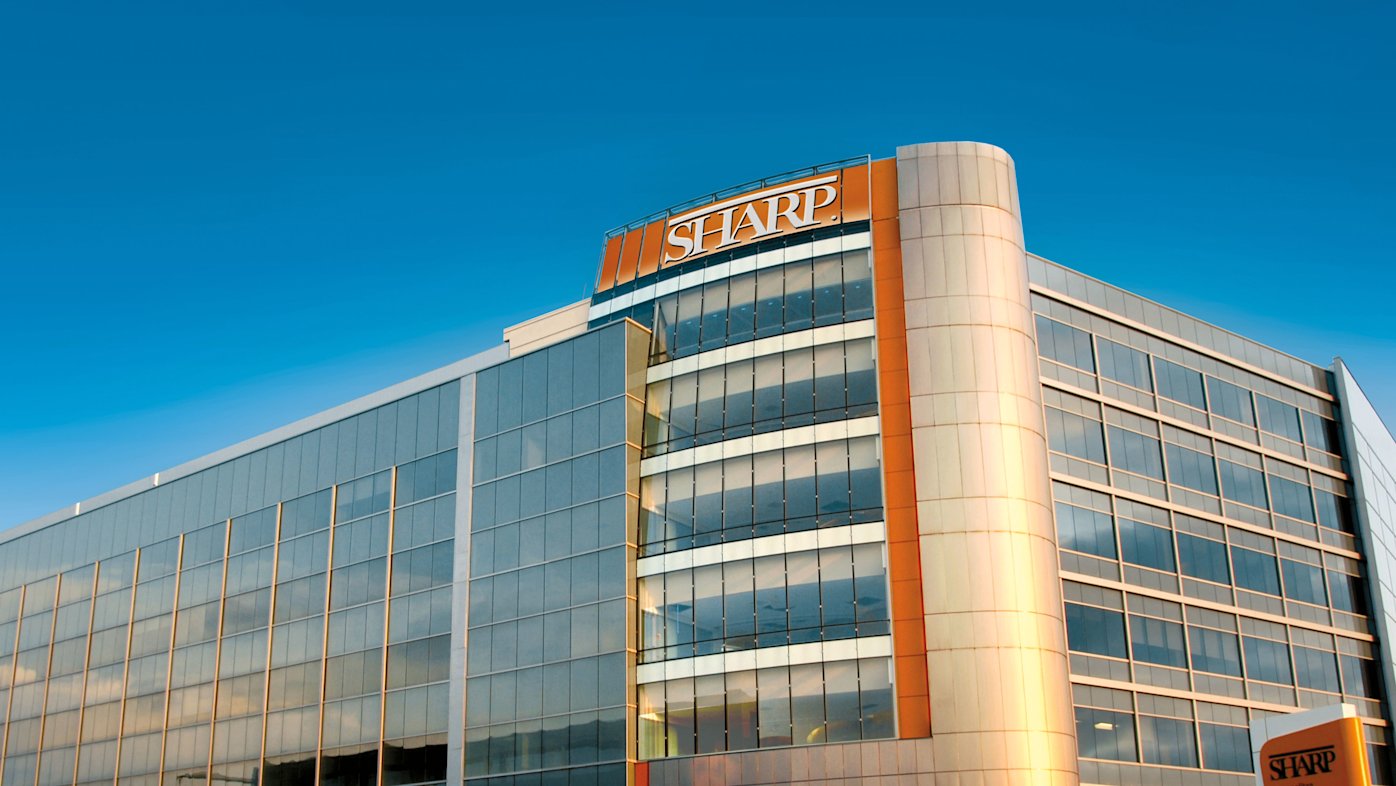

Resources for cancer care
At the Cancer Centers of Sharp, we understand that cancer may be one of the most difficult challenges you and your loved ones will face. We’re dedicated to helping ease the burden of a cancer diagnosis so you can focus on healing.
We believe that knowing what to expect and where to find assistance can be helpful throughout your cancer experience.
A comprehensive cancer diagnosis will help determine the specific type of cancer you have and the best treatment options. After your initial diagnosis, you may undergo follow-up imaging and other procedures to fully understand your diagnosis and recommend a treatment plan to meet your unique needs.
Sometimes, it can take several days to receive results of imaging and biopsy tests. While we know this may be a difficult waiting period, it is essential that your entire care team reviews the results in order to determine appropriate treatment options.
During this time, you may want to:
Write a list of questions for your care team. Bring your questions to appointments, along with something to take notes on.
Identify loved ones to be your support team who will accompany you to appointments, provide transportation, participate in childcare and prepare meals, as needed.
Download and complete the patient record form. You can use this form to track and update your medications, symptoms and side effects. Bring a copy of the form to each doctor's visit to share with your care team.
Begin capturing your feelings and concerns. Many patients find journaling, art and similar activities to be helpful.
Learn how to stop smoking if you use tobacco. Quitting can help improve your recovery and treatment outcomes.
A team of experts will participate in your care. These caregivers will vary depending on the type of cancer you have. Here are some of the medical experts commonly involved in cancer care:
Primary care physician (PCP) – Your PCP is the doctor who will usually provide an initial diagnosis. They also help manage referrals to specialists as needed.
Radiologist – These medical doctors specialize in diagnosis and treatment using imaging technology such as X-rays, computed tomography (CT), magnetic resonance imaging (MRI), nuclear medicine, positron emission tomography (PET) and ultrasound.
Pathologist – A pathologist is often involved in the diagnosis of cancer and other illnesses through the examination of body fluids or tissues.
Surgeon – There are many types of surgeons. In oncology, surgeons perform procedures to remove tissue samples for diagnosis as well as cancerous tumors, tissues and organs.
Medical oncologist – These doctors help diagnose and treat people who have cancer using chemotherapy, hormone therapy and targeted immune therapies.
Radiation oncologist – This type of doctor specializes in radiation methods to treat cancer where it is located. They can also use radiation to help manage pain for people with advanced cancer.
Patient navigator – Specially trained patient navigators help people with many cancer types, from the time of diagnosis through treatment and survivorship.
Your care team at home – Choosing a support team of loved ones and encouraging them to accompany you to appointments, take notes, or simply hold your hand can reduce the emotional demands of cancer.
Find support services at Sharp
We offer a range of support services, most at no charge, that can help you and your loved ones cope with your cancer diagnosis, treatment and the many emotions and challenges you may face.
Online and in-person classes and support groups cover various aspects of care and coping through cancer treatment and survivorship. Topics include nutrition, caregiver support, sleep issues and stress management.
Our breast cancer treatment guide offers specific resources for patients diagnosed with breast cancer, including education that helps prepare you for treatment.
Registered dietitians specializing in oncology nutrition can provide personalized, evidence-based guidance to help you stay strong, avoid infections and manage side effects of cancer treatment.
Integrative therapies, such as massage and acupuncture, are often used in combination with traditional cancer care to help relieve anxiety and enhance wellness. Services are available at the Sewall Healthy Living Center at Sharp Coronado Hospital.
The Sharp Center for Research offers access to the latest clinical trials with open trials for most tumor sites.
Physical activity has many benefits for overall health and wellness. It’s been shown to decrease anxiety and depression, reduce fatigue both during and after cancer treatment, improve mood and quality of life, and reduce risk for heart disease and diabetes.
Any kind of exercise can have benefits; intense workouts are not required. Walking, gardening, jogging, and taking the stairs can all have positive effects. We recommend that you start small and find an activity you enjoy and can stick with it.
2Unstoppable – This extensive video library offers a diverse range of exercise videos designed for people with cancer.
American Cancer Society – Learn about the benefits of physical activity with cancer. Use interactive tools for targeting heart rate and get access to an activity calculator.
Be Well Therapy – Offers yoga classes designed for people recovering from or living with cancer. Classes are held weekly classes, both in-person and online. Reiki (healing energy touch) is also available during class.
Livestrong at the YMCA – This free, 12-week, small-group program is for cancer survivors. Participants receive a complimentary YMCA family membership for the duration of the program. Locations include City Heights, Encinitas, Kearny Mesa, La Jolla, Mission Valley, Rancho Peñasquitos, Santee and Spring Valley.
Moving Through Cancer – Offers a searchable directory to help patients find appropriately trained exercise professionals and programs in their communities.
North County Cancer Fitness – Connects people in all stages of cancer through fitness and social connection, both online and in person. NCCF will guide you step-by-step in your personal exercise program while offering support, education and referral sources.
We know how important it is to get the resources you need, when and where you need them. That's why we've compiled an expansive list of community resources available in the San Diego area.
Visit our community resources page for more information on a variety of topics, including:
Financial assistance
Transportation
Meal assistance
Transportation
Medical supplies
Resources by cancer type
Our board-certified genetic counselors can discuss whether testing may help you better understand your inherited cancer risk or whether cancer may run in your family (inherited or genetic). They can also give advice on what screenings may be helpful for you, and they can share information that doctors can use to determine the best treatments for you.
Access services to better cope with the cognitive effects of cancer treatment, such as difficulties with memory, focus and multi-tasking.
We provide rehabilitation therapy services — including occupational therapy, physical therapy and speech and language pathology — for patients experiencing problems related to cancer or side effects of surgery, chemotherapy or radiation. Treatment is available for mobility issues, joint pain, balance problems, lymphedema and swallowing problems.
Documenting your health care preferences and decisions help ensure you receive care on your terms. Our experts can assist with the advance care planning process, including advance health care directives and physician orders for the life-sustaining treatment (POLST).
Cancer treatment locations in San Diego
We offer cancer treatment across San Diego — from South Bay to East County to Kearny Mesa.

